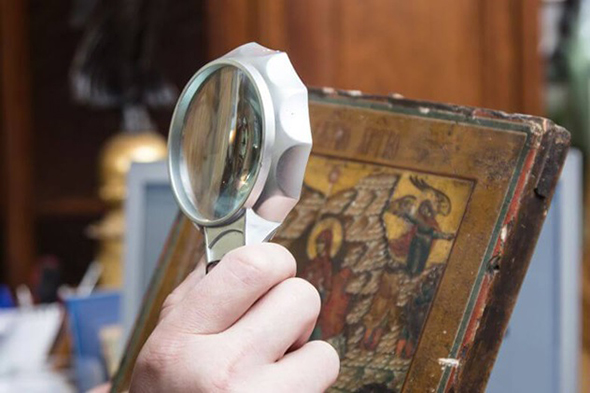Lawyer
Cultural values are an important component of the national heritage of any country. Their destruction or damage can have serious consequences for the cultural identity and historical memory of the people. Civil liability for such actions involves compensation for damages and restoration of justice. In this article, we will look at the key aspects of civil liability for the destruction of cultural property, including the role of legal advice, document analysis, legal opinion and the legal opinion of a lawyer.
Regulatory and legal framework
Legal regulation of the protection of cultural values in Ukraine is carried out on the basis of the Law of Ukraine "On the Protection of Cultural Heritage", the Civil Code of Ukraine and international treaties to which Ukraine has joined. In particular, the Convention on the Protection of World Cultural and Natural Heritage (UNESCO) establishes the principles of protection of cultural objects at the international level.
Consultation of a lawyer
The consultation of a lawyer is an important stage in resolving issues of civil liability for the destruction of cultural values. The lawyer provides clarification on the legal norms that regulate the protection of cultural objects, and helps to determine the grounds for prosecution. The consultation also includes an assessment of possible legal consequences for guilty parties and victims, as well as providing recommendations for protecting the client's rights and interests.
Analysis of documents
The analysis of documents is a key stage in establishing the facts of the destruction of cultural values and determining the amount of damage caused. The lawyer checks the available documents related to the object of cultural heritage, including inspection reports, expert opinions, photographs and other evidence. The analysis of documents allows to determine the legal status of the object, to establish the reasons and circumstances of its destruction, as well as to identify the guilty persons.
Legal opinion
A legal opinion is the result of a detailed analysis of the legal situation and documents. The conclusion notes all identified legal aspects, provides recommendations for further actions and offers a legal strategy. The legal opinion contains an assessment of the possible consequences for the guilty parties, including civil liability and the obligation to compensate for damages, and also determines the legal grounds for prosecution.
Legal opinion of the lawyer
A lawyer's legal opinion is especially important in cases where the case of destruction of cultural values is considered in court or other legal bodies. Based on an in-depth analysis of the legal situation and the provided documents, the lawyer prepares a legal opinion that can be used in court as an evidentiary basis. Such an opinion contains legal arguments based on current legislation and judicial practice and helps to protect the interests of the client in the legal process.
Types of civil liability
Compensation for damages: Guilty persons may be obliged to compensate for the damages caused, which includes the costs of restoration or restoration of destroyed cultural values, as well as compensation for non-pecuniary damage.
Restitution: In cases where cultural property has been illegally removed or damaged, the principle of restitution can be applied, which involves returning the property to its rightful owner or restoring it to its original state.
Fines and penalties: Legislation provides for the imposition of fines or penalties on guilty persons as an additional measure of liability.
Conclusion
Civil liability for the destruction of cultural values is an important tool for protecting national heritage and ensuring justice. A lawyer's consultation, document analysis, legal opinion and legal opinion of a lawyer play a key role in identifying the guilty parties, assessing the consequences and securing compensation for damages. Compliance with legal norms and ensuring a fair trial of such cases is important for the preservation of cultural heritage and the maintenance of law and order in society.





























